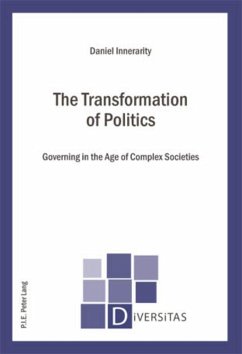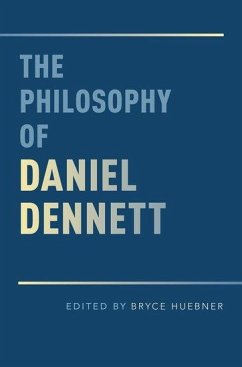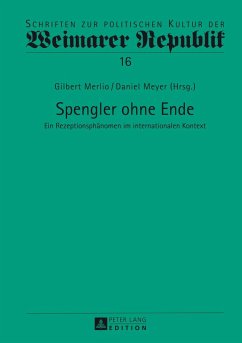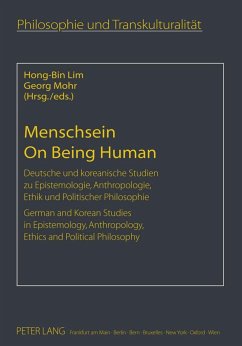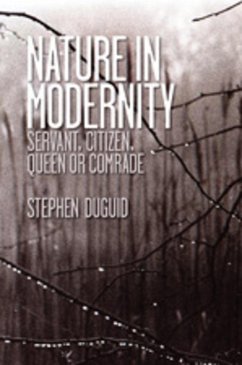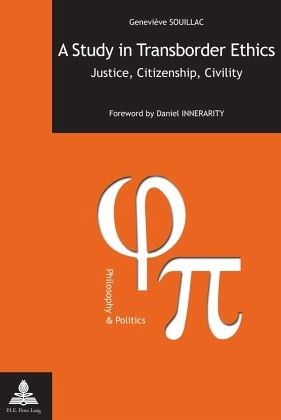
A Study in Transborder Ethics
Justice, Citizenship, Civility- Foreword by Daniel Innerarity
Versandkostenfrei!
Versandfertig in 6-10 Tagen
49,25 €
inkl. MwSt.

PAYBACK Punkte
0 °P sammeln!
A renewed approach to democratic ethics is needed, one that takes into consideration the management of complexity and memory in a global world. The expansion of democratic ethics for the stewardship of a postnational, postmetaphysical, and postsecular world is the object of this book. It takes as its point of departure current proposals for global democratic justice, but extends these by incorporating contemporary European ideas on border and existential ethics. The privilege of democratic citizenship includes our conscious involvement with our historical destinies, and with others whom we ine...
A renewed approach to democratic ethics is needed, one that takes into consideration the management of complexity and memory in a global world. The expansion of democratic ethics for the stewardship of a postnational, postmetaphysical, and postsecular world is the object of this book. It takes as its point of departure current proposals for global democratic justice, but extends these by incorporating contemporary European ideas on border and existential ethics. The privilege of democratic citizenship includes our conscious involvement with our historical destinies, and with others whom we inevitably encounter on our journey of contemporary politics. A post-heroic approach to democratic ethics, one which takes violence and injustice seriously, yet understands the constraints posed on us as historical beings, is necessary. The practices of civility, such as they arise from a normative democratic universe and the ever-increasing role of civil society, can be harnessed for a transborder ethics. The examination of a contemporary democratic anthropology that includes a phenomenology of violence further clarifies the importance of intersubjective processes of encounter, dialogue, and recognition.



